

Bodybuilding is not just about lifting weights; it’s a comprehensive approach that encompasses techniques, nutrition, and safety measures. Achieving muscle growth effectively and safely involves understanding the nutritional needs, effective muscle-building strategies, and the creation of a well-structured nutrition plan.
For bodybuilders, nutrition plays a pivotal role in achieving their goals. The nutritional needs are unique, focusing on higher protein intake to support muscle growth and repair. According to Maxinutrition, incorporating a variety of protein sources such as lean meats, poultry, fish, eggs, dairy, and plant-based options is crucial. Carbohydrates serve as the body’s primary energy source, fueling intense workouts. Complex carbs like whole grains and starchy vegetables offer sustained energy.
Fats, especially healthy ones like avocados, nuts, and olive oil, are essential for hormone production and overall health. Adequate hydration is also vital for muscle function and overall well-being. Bodybuilders need to maintain optimal hydration levels, ideally through water and electrolyte-rich beverages.
Building muscle effectively and safely requires a strategic approach. It’s crucial to start with a well-designed training program that gradually increases in intensity and workload. Hindustan Times emphasizes the importance of proper form and technique when lifting weights to prevent injuries. Progressive overload, where the workload is gradually increased over time, is key to stimulating muscle growth.
Rest and recovery are equally important. Muscles need time to repair and grow, so incorporating rest days into the workout schedule is crucial. Overtraining can lead to burnout and potential injury, hindering progress.
Crafting a nutrition plan for bodybuilding involves balancing macronutrients in the right proportions to support muscle growth and overall health. This plan should be tailored to individual needs, factoring in weight, body composition goals, and workout intensity. It’s beneficial to spread meals throughout the day to ensure a constant supply of nutrients to support muscle growth and recovery.
Additionally, the meal plan should adapt to specific training phases. During a bulking phase, where the goal is to gain muscle mass, a slight calorie surplus might be needed. On the other hand, during a cutting phase, the focus might shift to reducing body fat while preserving muscle, which might involve a slight calorie deficit.
Bodybuilding success relies on a combination of effective training techniques, proper nutrition, and safety measures. Understanding the nutritional needs, employing safe and efficient muscle-building strategies, and crafting a personalized nutrition plan are essential elements to progress effectively and safely in the realm of bodybuilding.
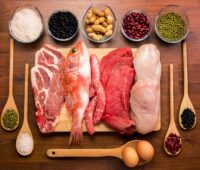
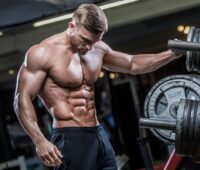
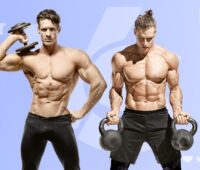


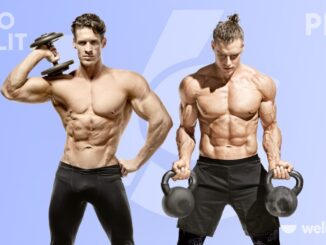
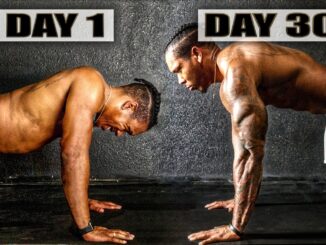







Leave a Reply
Be the First to Comment!
You must be logged in to post a comment.
You must be logged in to post a comment.